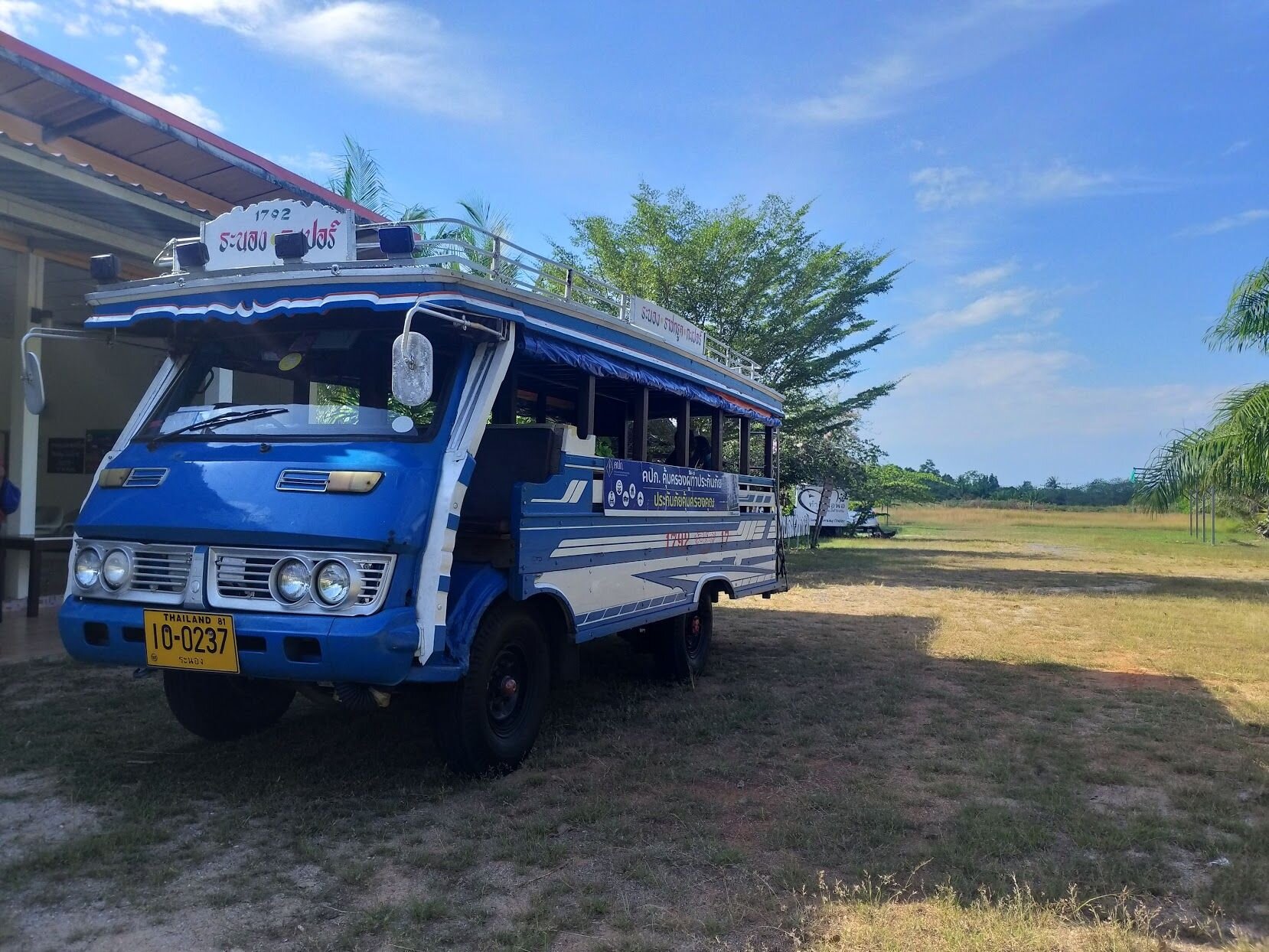BOOK CHAPTER: "Ontological Politics of the Resource Frontier: A Hydrosocial Analysis of the Mekong River in Northern Thailand"
/Publication date: November 2022
Publication: Extracting Development: Contested Resource Frontiers in Mainland Southeast Asia
Chapter title: Ontological Politics of the Resource Frontier: A Hydrosocial Analysis of the Mekong River in Northern Thailand
Authors: Thianchai Surimas and Carl Middleton
Editors: Oliver Tappe and Simon Rowedder
See more details on the book here.
In this chapter, in the context of the severe drought of 2019 and 2020, we examine the resource politics of the Mekong River in Northern Thailand as revealed through the practices, narratives, and knowledge productions of several competing networks that shape the Mekong River as a resource frontier. These include the community and civil society movement led Ing Peoples Council, and the intergovernmental Mekong River Commission and the Lancang-Mekong Cooperation. Our conceptual approach reflects the growing recognition of the heterogeneity of water cultures and histories (or ‘water worlds’) in recent academic literature, and the multiple ontologies of water that underpin them. This leads to our interest in how resource politics at the resource frontier reveal an enactment of multiple ontologies and their ontological politics, whereby human actors compete to further their own interests by naturalizing their ontology while marginalizing others. Overall, we argue that politics at the resource frontier are ontological politics contesting the very meaning of the Mekong River and its future form, be it as embedded in and patterning the socio-cultural relations of riverside communities in Northern Thailand, or as part of an ecological modernization and economic integration and growth agenda as envisioned by the region’s governments.
Please contact Dr. Carl Middleton for more information.
Citation: Surimas, T. and Middleton, C. (2022) “Ontological Politics of the Resource Frontier: A Hydrosocial Analysis of the Mekong River in Northern Thailand” (pp 28-48) in Tappe, O. and Rowedder, Sand (eds.) Extracting Development: Contested Resource Frontiers in Mainland Southeast Asia. ISEAS - Yusof Ishak Institute: Singapore








